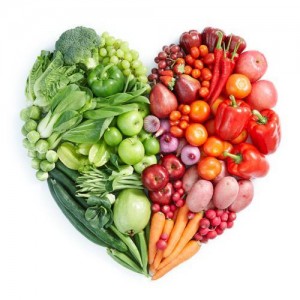Most eating-related side effects of cancer treatments go away after treatment ends. Sometimes side effects like poor appetite, dry mouth, change in taste or smell, trouble swallowing, or weight changes last for some time. If this happens to you, talk to your cancer care team and work out a plan to deal with the problem.
As you begin to feel better, you may have questions about eating a healthy diet. Just as you wanted to go into treatment with the best nutrient stores that your diet could give you, you’ll want to do the best for yourself at this important time, too. Eating well will help you regain your strength, rebuild tissue, and feel better overall.
Tips for healthy eating after cancer
- Check with your cancer care team for any food or diet restrictions.
- Ask your dietitian to help you create a nutritious, balanced eating plan.
- Choose a variety of foods from all the food groups. Try to eat at least 2½ cups of fruits and vegetables each day; include citrus fruits and dark-green and deep-yellow vegetables.
- Eat plenty of high-fiber foods, like whole-grain breads and cereals.
- Buy a new fruit, vegetable, low-fat food, or whole-grain product each time you shop for groceries.
- Decrease the amount of fat in your meals by baking or broiling foods.
- Limit your intake of red meat to no more than 3 to 4 servings a week.
- Avoid salt-cured, smoked, and pickled foods.
- Choose low-fat milk and dairy products.
- If you choose to drink alcohol, limit the amount to no more than 1 drink per day for women, and 2 for men. Alcohol is a known cancer-causing agent.
If you’re overweight, consider losing weight by cutting calories and increasing your activity. Choose activities that you enjoy. Be sure to check with your cancer care team before starting any exercise program.


